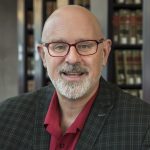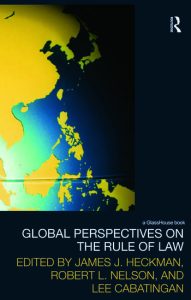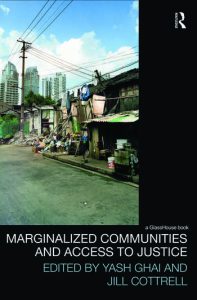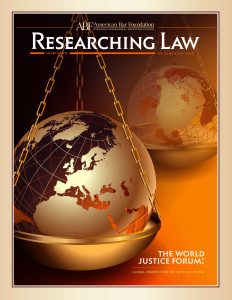The first phase of this project culminated with the World Justice Forum, held in Vienna, Austria in July 2008. In 2009, William Neukom, established WJP as an independent non-profit in 2009. For current updates to the project, please visit worldjusticeproject.org
The World Justice Project (WJP) is a multinational, multidisciplinary initiative to strengthen the rule of law worldwide. The WJP working definition of the rule of law is comprised of four universal principles:
- The government and its officials are accountable under the law;
- The laws are clear, publicized, stable and fair, and protect fundamental rights, including the security of persons and property;
- The process by which the laws are enacted, administered and enforced is accessible, fair and efficient;
- The laws are upheld, and access to justice is provided, by competent, independent, and ethical law enforcement officials, attorneys or representatives, and judges who are of sufficient number, have adequate resources, and reflect the makeup of the community they serve.
Many people do not make the connection between the rule of law and the essentials of their daily lives – their safety, jobs, health, education, and infrastructure. These essentials are taken for granted in communities where the rule of law is relatively strong, and are absent where it is weak. Thus, all too often people in all societies overlook the importance of the rule of law as a foundation for thriving communities and virtually all fields of endeavor.
To help “mainstream” the rule of law, the World Justice Project is engaging with a variety of disciplines around the world. It seeks to make the rule of law fundamental to their thinking and actions — from education and public health, to engineering and public safety.
WJP has created a multidisciplinary approach to advancing the rule of law:
- WJP Rule of Law Index, the world’s leading source for original data on the rule of law. Updated every year, the index surveys how the rule of law is experienced by the general public in 140 countries and jurisdictions.
- Engagement Efforts, which aim to connect and develop a global network, organize and lead strategic convenings, and incubate locally-led programs.
- Research and Scholarship, which supports understanding of the meaning and measurement of the rule of law and how it matters for economic, sociopolitical, and human development.







